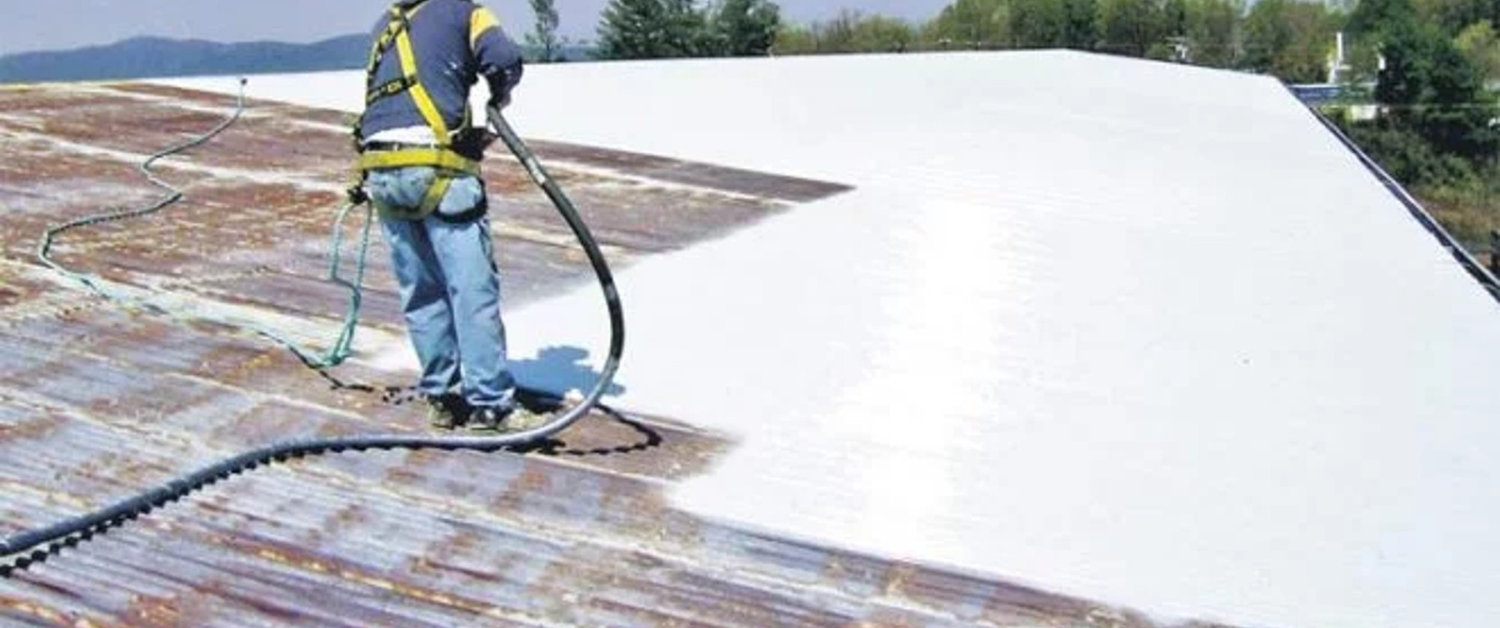Heat Reflective Coating

Heat Reflective Coating
Heat Reflective Coating is a specialized coating system designed to reflect solar radiation and reduce surface temperature. It helps in maintaining a cooler indoor environment by reflecting sunlight and preventing heat absorption on exposed roofs and walls. This energy-efficient coating reduces air conditioning costs and enhances the comfort of residential, commercial, and industrial buildings.
Application Method
The surface is first cleaned thoroughly to remove dust, dirt, oil, and loose particles. Any cracks or surface defects are repaired using suitable crack fillers. A primer coat is applied to ensure strong adhesion of the reflective coating. Once dry, the heat reflective coating is applied using a brush, roller, or spray in multiple coats to achieve uniform coverage and maximum reflection.
The coating forms a protective film that not only reflects heat but also resists UV rays, weathering, and moisture penetration. It is suitable for a variety of surfaces, including concrete roofs, metal sheets, and exterior walls.
- Reduces surface temperature by reflecting sunlight
- Lowers energy consumption and indoor heat
- Protects surfaces from UV and weather damage
- Suitable for roofs, terraces, and exterior walls

Heat Reflective Coating is an eco-friendly and cost-effective solution to control heat buildup in buildings. It not only increases energy efficiency but also enhances the lifespan of roofs and walls by reducing thermal stress and weather exposure.
FAQs about Heat Reflective Coating
What is the main purpose of heat reflective coating?
The main purpose is to reflect solar heat and reduce surface temperatures, keeping interiors cooler and more energy-efficient.
